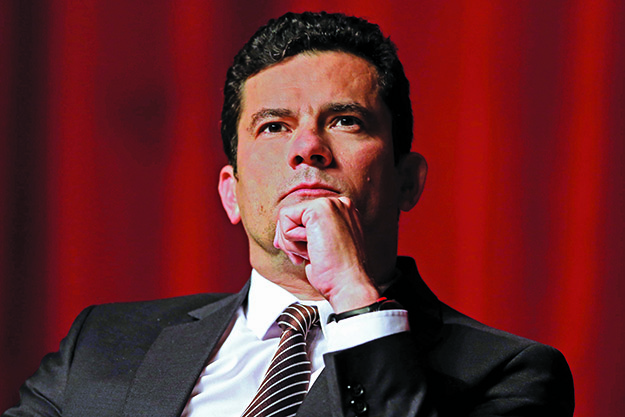For our latest print issue, we asked public officials, business leaders and everyday people what their country needs to combat corruption. Click here to see all the responses.
Since 2014, strong progress against widespread corruption has been made by law enforcement agencies in Brazil. As a result, powerful politicians and businessmen involved in corruption have been arrested, tried and convicted. Impunity is no longer the rule. However, the criminal justice system alone is not sufficient medicine against widespread corruption.
Broader reforms are needed. Incentives and opportunities for corrupt behavior have to be reduced. One important step would be the significant reduction of party patronage in the civil service. The influence of party politicians in the recruitment of executives in state-owned companies, and others high positions in the state bureaucracy, is what made possible the scandal at Petrobras. Petrobras’ executives were appointed with a specific mission: To obtain financial resources from Petrobras’ suppliers, for the illicit enrichment of politicians or the illegal financing of electoral campaigns.
So far, there have been no significant reforms to prevent this practice of exchanging jobs in state institutions or companies for political power or for bribes. Nevertheless, we have hope that the pressure of public opinion will, in time, influence our political leadership to adopt a stronger attitude against systemic corruption.
—
Moro is the federal judge overseeing Car Wash investigations in Brazil





